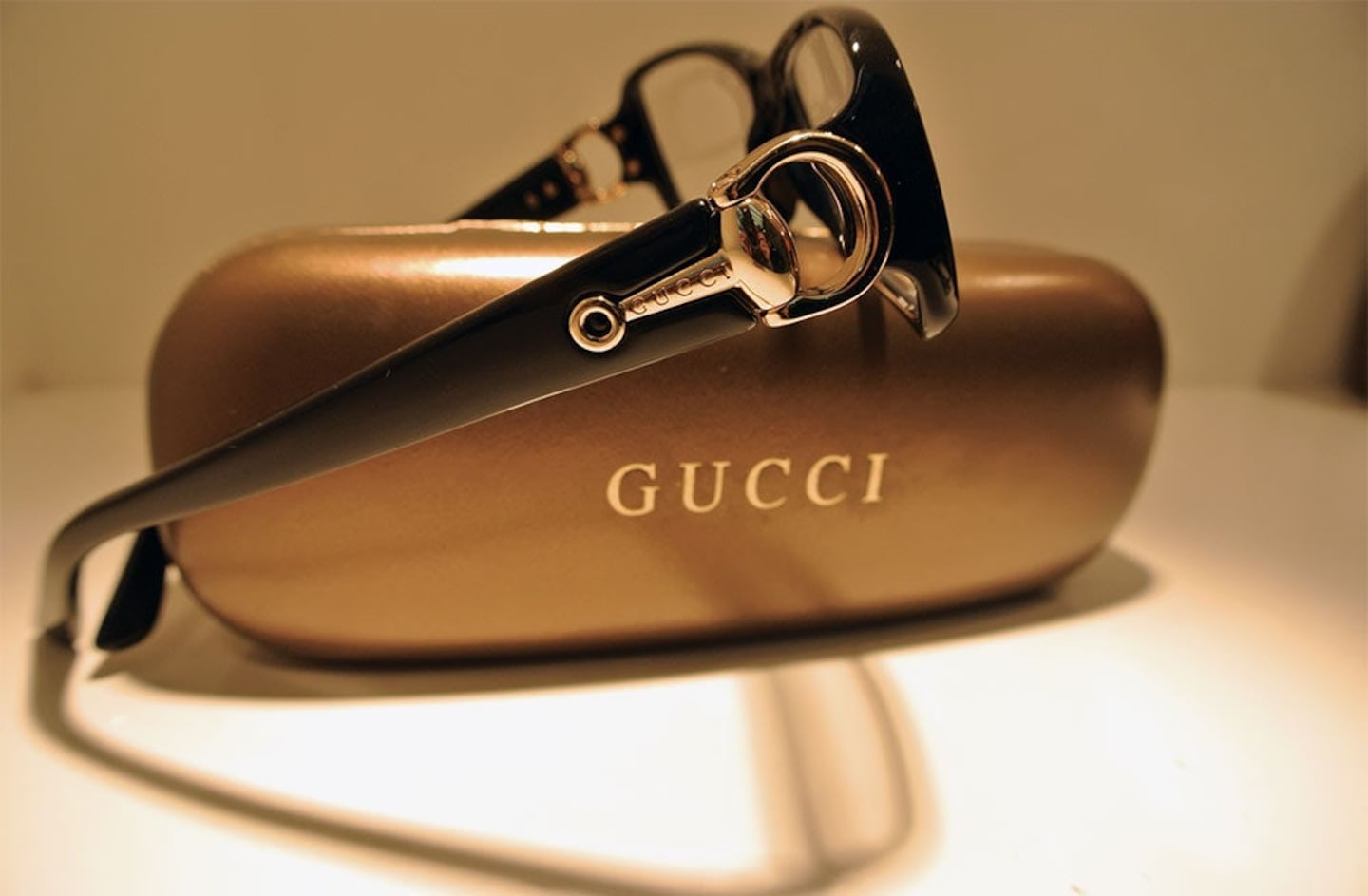
The Business of Fashion
Agenda-setting intelligence, analysis and advice for the global fashion community.

Agenda-setting intelligence, analysis and advice for the global fashion community.

"Op-Ed | Alibaba's Catch-22" (The Business of Fashion)
"Stuck in a 'catch-22' in its relationship with luxury brands, Chinese e-commerce juggernaut Alibaba should take a page from Google, maximising revenue in the short term, while buying critical time to build enduring relationships with Western brands, argue Brian Buchwald and Joshua Neckes."
"Gritty Paris Slows Flow of Chinese Tourists" (Bloomberg)
"First-time visitors from China arrive in Paris expecting to see a quaint, affluent and friendly European city with smartly dressed men and women smelling of Chanel No. 5. Instead, they discover the French capital's grittier side."
"Western Brands Strive to Click With Chinese Shoppers" (The Financial Times)
"On Tuesday, Topshop and Miss Selfridge, two of the UK's best-known fast fashion brands, became the latest to announce they are launching online in China, on the heels of Asos, the online clothing retailer, and brands from Gap to Burberry. But while the online fashion market in China may have huge potential, it is also fiercely competitive and price-sensitive, mainland retail analysts say."
"Gold Loses Shine as Chinese Curb Jewellery Purchases" (The Financial Times)
"India regained its position as the world's leading gold buyer in the second quarter as Chinese demand for jewellery, gold coins and bars dropped sharply from record levels amid a government crackdown on corruption."
"Hong Kong Cuts 2014 Growth Forecast After Unexpected Contraction" (Bloomberg)
"Hong Kong cut its economic growth forecast for the year after an unexpected contraction in the second quarter as a slowdown in China crimped the purchases of luxury items and weighed on local sentiment."
With consumers tightening their belts in China, the battle between global fast fashion brands and local high street giants has intensified.
Investors are bracing for a steep slowdown in luxury sales when luxury companies report their first quarter results, reflecting lacklustre Chinese demand.
The French beauty giant’s two latest deals are part of a wider M&A push by global players to capture a larger slice of the China market, targeting buzzy high-end brands that offer products with distinctive Chinese elements.
Post-Covid spend by US tourists in Europe has surged past 2019 levels. Chinese travellers, by contrast, have largely favoured domestic and regional destinations like Hong Kong, Singapore and Japan.